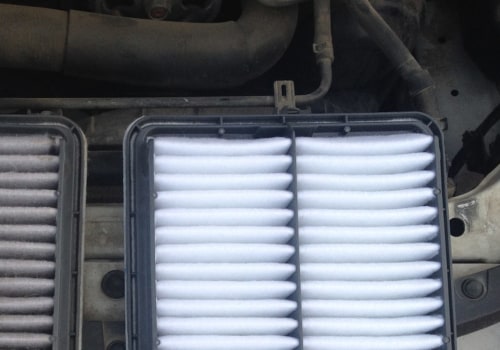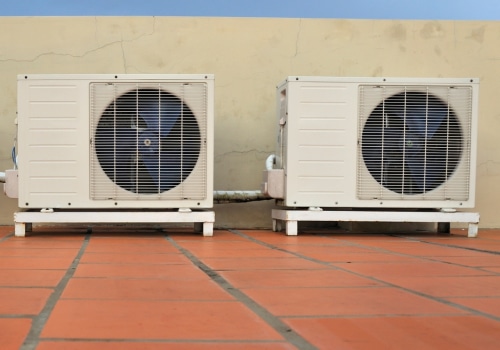Engine misfires, rough idling, and hard starts can all be attributed to a clogged engine air filter. The dirty air filter restricts air supply to the engine, causing unburned fuel to form a soot residue that accumulates in the spark plug. Something as simple as an air filter can cause everything from harmful emissions, fuel waste, damaged spark plugs and engine buildup. That's why it's smart to watch for parts that suffer a lot of wear and tear.
At worst, a faulty air filter can create slow driving performance in a modern car. If you have a clogged air filter, one of the symptoms you would experience is reduced engine performance. It is one of the telltale signs, since the restriction in airflow forces the entire engine to run at low power to maintain the stoichiometric fuel ratio. With each revolution, the engine needs to breathe; a clogged air filter slows the airflow.
As the air filter picks up more debris, the airflow slows down even more, making it difficult for the engine to breathe and generate power and torque. If you're an energetic driver, a filled air filter will drag you down. A dirty filter reduces the air supply to your car's engine, causing fuel not to burn. This fuel causes the formation of soot residues that accumulate at the tip of the spark plug.
In severe cases, a dirty engine air filter can cause or contribute to overheating. Like low fuel consumption, overheating is attributed to a high-performance engine. If your vehicle's engine air filter is clogged or dirty, less oxygen will enter the combustion chamber. Since all fuel burns in the combustion chamber, the temperature of the engine can increase, which could cause your vehicle's engine to overheat.
Most vehicles also have a cabin air filter that is used to clean the air entering the interior of the car, but it has a different maintenance program than an engine air filter. One of the best and easiest improvements you can make to your vehicle is to buy a reusable air filter, such as a K&N filter. To prevent this from happening, automotive experts recommend replacing filters every 12,000 miles or 12 months, but always remember to consult your owner's manual for details of your vehicle's air filter replacement programs. Make sure your mechanic checks the air filter when you leave your car for service and follow the manufacturer's instructions regarding replacing the air filter. Note that the inner layers of filter paper inside the air cleaner may have no visible debris or dust and dirt, even in bright light.
The air filter contributes to fuel efficiency, but a dirty filter can reduce oxygen flow. Whether or not to clean an air filter depends on the type of air filter you use in your car. Therefore, for safe and optimal performance of your engine, make sure to address dirty air filter symptoms immediately and always have a clean air filter in place.



